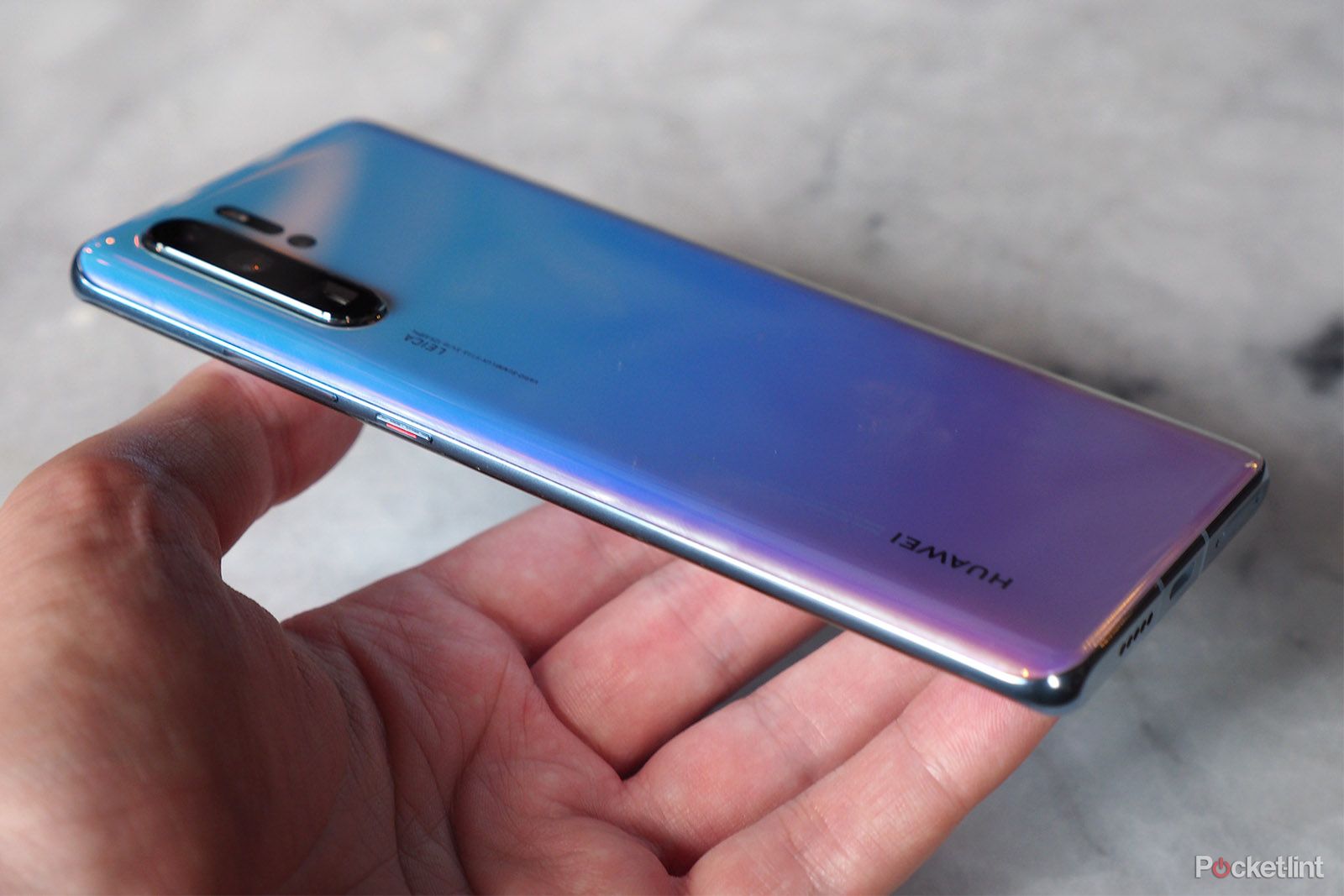With ongoing trade disputes between the US and China, Huawei continues to be caught in the middle of the spat, but Wilbur Ross, Commerce Secretary, has confirmed that licenses will be granted to US companies to sell to Huawei - with conditions.
Having been placed on the Department of Commerce's Entity List in May 2019, various companies were told to stop doing business with the Chinese mobile telecoms giant.
At the G20 Summit in Japan, President Trump then announced that business would be "ok", leaving many scratching their heads as to exactly what this meant. The latest move doesn't add huge clarity, as the US appears to have a major caveat attached.
Talking at conference in Washington, Wilbur Ross is reported by Reuters to have said that these licenses would be granted, "where there is no threat to US national security." Exactly what constitutes a national security threat is open to debate, and there's still a ban on buying Huawei product for US government purposes.
Not only does security remain a core issue - and mostly around 5G network hardware - but the licenses that do get granted will be for a limited time, according to Larry Kudlow, White House economic advisor.
"We are opening that up for a limited time period," said Kudlow. "So that's important and, I guess, does provide some relief to Huawei."
So what do these changes actually mean? There's not a huge degree of clarity, but it does appear to give some breathing space to US companies doing business with Huawei. There's an underlying feeling that this has all happened to ease the path to a trade deal between the US and China - but at the same time, given the size of Huawei, there are plenty of US companies that stand to lose out if restrictions stay in place.
Huawei declined to comment on this latest announcement from the US, but instead referred back to a comment company founder Ren Zhengfei made to the Financial Times: "President Trump's statements are good for American companies. Huawei is also willing to continue to buy products from American companies."
"But we don’t see much impact on what we are currently doing. We will still focus on doing our own job right."
That much was clear from our own conversations with Walter Ji, president of consumer devices Western Europe, who gave us the impression that for Huawei, business was continuing as usual.
For the average consumer, there's no doubt that Huawei will continue to launch devices and has committed to provide updates to Android devices - but there's still a lingering doubt from the US side and the situation remains rather fluid.

